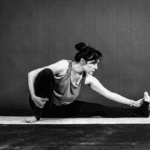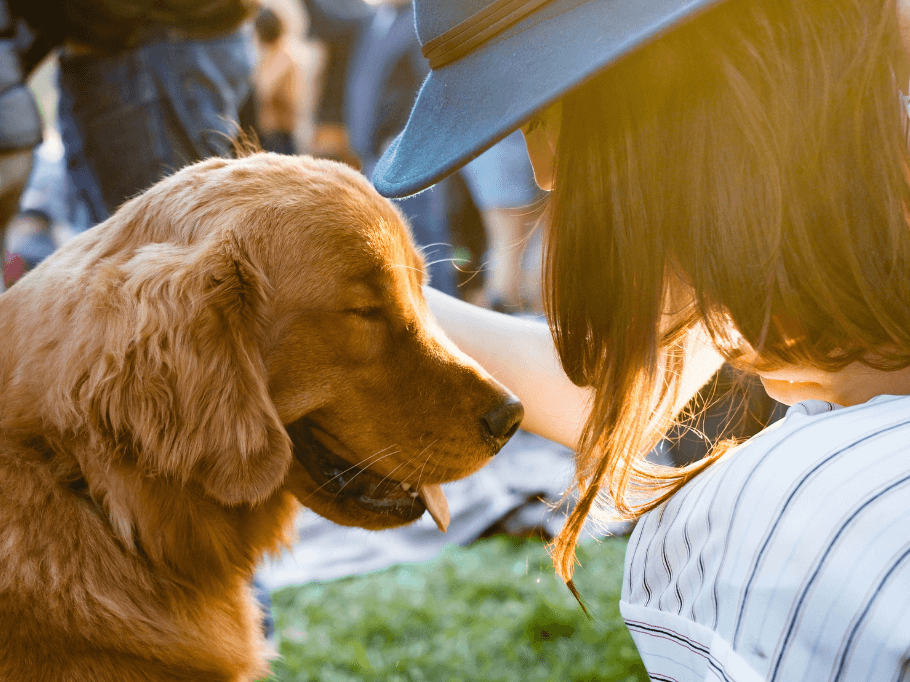Anxiety is a common challenge faced by many dog owners and their furry companions. Just like humans, dogs can experience anxiety due to various triggers, such as loud noises, separation, unfamiliar environments, or past traumas. For both pets and owners, anxiety can significantly affect the quality of life. But there’s good news: with the help of professional dog trainers, managing and treating anxiety in dogs becomes a lot easier.
In this post, we’ll explore how dogs can develop anxiety, the role of professional dog trainers in managing it, and how you can work with them to help your dog live a calmer, more balanced life.
Understanding Canine Anxiety
Dogs, much like humans, can experience different types of anxiety. Common causes include:
- Separation Anxiety: Dogs with this condition become anxious when left alone or separated from their owners. It’s one of the most common anxiety issues and can result in destructive behavior, excessive barking, or even physical illness.
- Fear-Related Anxiety: Loud noises like fireworks, thunderstorms, or unfamiliar environments can trigger anxiety in some dogs. Past traumas, like abuse or abandonment, can also contribute to fear-related anxiety.
- Social Anxiety: Some dogs struggle with meeting new people or other dogs, leading to nervousness or aggressive behaviors in social situations.
How Dog Trainers Help Manage Anxiety
Professional dog trainers like Blackheart K9 play a crucial role in addressing and managing canine anxiety. Here’s how they can help:
Identifying Anxiety Triggers
The first step in helping an anxious dog is understanding what causes the anxiety. A professional trainer will assess your dog’s behavior and identify specific triggers. Knowing what makes your dog anxious is key to creating a targeted plan, whether it’s loud noises, separation, or social situations.
Behavioral Modification Techniques
Dog trainers are experts in using behavioral modification techniques to reduce anxiety. These techniques are designed to change how your dog responds to stressors and build more positive, calm associations. Trainers often use methods such as:
- Desensitization: Gradual exposure to anxiety triggers in a controlled way helps your dog become less reactive over time. For example, if your dog is anxious about thunderstorms, the trainer might slowly expose them to the sounds at lower volumes to help them get used to it.
- Counter-Conditioning: This technique involves changing your dog’s emotional response to an anxiety trigger. Trainers will often pair the trigger with something positive, like treats or play, to teach your dog that the situation isn’t something to fear.
Creating Structure and Routine
Dogs thrive on routine and structure, which can help reduce feelings of uncertainty and anxiety. A professional trainer will work with you to create a consistent routine that helps your dog feel safe and secure. This might include set times for feeding, walks, and even quiet, calm time. Structure helps reduce unpredictability, one of the major causes of anxiety in dogs.
Positive Reinforcement
Professional trainers use positive reinforcement techniques to encourage calm, relaxed behavior. Trainers reinforce the idea that relaxation is rewarding by rewarding your dog when they exhibit calmness during stressful situations. Over time, this helps reshape your dog’s reactions to anxiety-inducing scenarios.
Training for Specific Situations
Anxiety doesn’t manifest the same way in every dog, so a professional trainer can tailor a plan specific to your dog’s needs. For example, if your dog has separation anxiety, the trainer may work on crate training or teach them how to feel comfortable when you’re away for short periods, gradually extending the time as they progress.
In other cases, if social anxiety is the issue, trainers will create safe, structured environments where your dog can learn to interact with people and other animals without feeling overwhelmed.
Why You Should Work with a Professional Trainer
Managing anxiety in dogs can be challenging, especially without the right knowledge and tools. While it’s possible to work with your dog at home, hiring a professional trainer offers several benefits:
- Expert Guidance: Trainers understand dog behavior and know how to address anxiety calmly and effectively. Their expertise ensures you use the right methods tailored to your dog’s needs.
- Quicker Results: With professional support, you’ll likely see improvements faster than you would if you were working on your own. Trainers know which strategies work best for different types of anxiety, reducing trial and error.
- Support for You as a Pet Owner: Dealing with an anxious dog can be stressful. Professional trainers help your dog and provide guidance for you, offering tips on how to create a peaceful environment at home and reinforce training techniques.
Additional Tips for Managing Anxiety at Home
In addition to working with a trainer, here are a few things you can do at home to help manage your dog’s anxiety:
- Create a Safe Space: Designate a quiet, comfortable space where your dog can retreat when they’re feeling anxious. Make it cozy with their bed, favorite toys, and familiar scents.
- Exercise and Mental Stimulation: Regular physical activity and mental challenges can help reduce anxiety by burning off excess energy and keeping your dog’s mind engaged.
- Stay Calm: Dogs pick up on their owner’s emotions, so staying calm during stressful situations can help reassure your dog.
Conclusion
Managing anxiety in dogs is possible with the right approach. Professional dog trainers provide invaluable support, using proven techniques to help your dog overcome their fears and anxieties. With the guidance of a professional and consistent reinforcement at home, you can create a happier, more peaceful environment for your furry companion.
Investing in your dog’s emotional well-being is just as important as caring for their physical health, and with the right strategies, both you and your dog can enjoy a calmer, more balanced life together.









